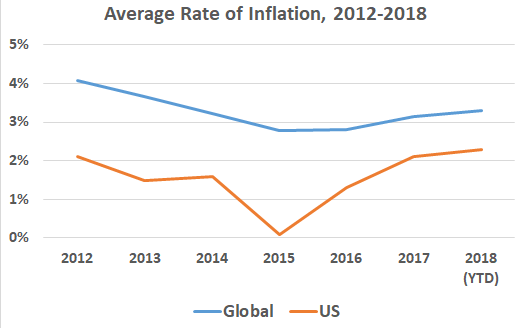Time: False Promises of Protectionism
Critics of globalization insist its policies benefit only a few. Yet “full globalization” may not have been given a fair chance as governments embrace weak models. International economist and author Dambisa Moyo points to three consequences of isolationist trends: First, businesses pursue local models, and relevance of global financial centers will decline, with reduced access to global capital for funding investments, growth and hiring. Second, long-term inflation will follow a period of short-term deflation. Protectionism increases import prices, makiing the value of wage hikes meaningless. "A global policy that targets an optimal migration level could help businesses tap the world’s entire labor market for talent and workers — and help stave off steep inflation in the future,” Moyo writes. Third, governments create monopolies by favoring a few sectors, corporations and players with regulatory protections and tax breaks. Governments determine winners, and consumers pay higher prices. Politicians have neglected responsibility by failing to invest in infrastructure, education and global institutions, concludes Moyo. Resisting “full globalization” and global cooperation means “more destruction of the global economy and greater despair as well as unrest, conflict, corruption and a sense of utter hopelessness worldwide.” – YaleGlobal
Time: False Promises of Protectionism
Expect inflation: Politicians embrace protectionism and resist giving globalization policies like inflation-reducing immigration a chance
Thursday, May 24, 2018

Inflation on the rise? Embrace of protectionist policies may lead to short-term gains but long-term rise in inflation and other challenges (Sources: US Inflation Calculator and Statista )
Read the article from Time about “full globlization” policies not getting a chance.
Dambisa Moyo is an economist and the author most recently of Edge of Chaos: Why Democracy Is Failing to Deliver Economic Growth and How to Fix It. This essay is adapted with permission from her book.
Time
© 2017 Time Inc. All Rights Reserved.